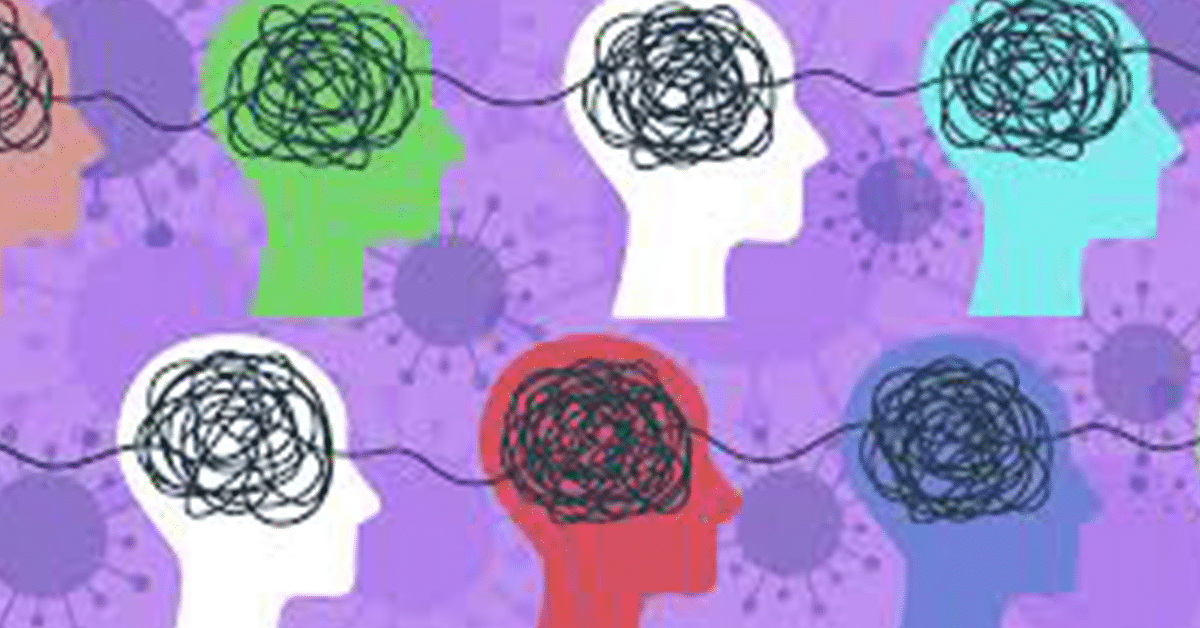Disclaimer: my faith walk is Christian. I work with clients of all religious backgrounds, and when a client asks me, I help them to channel their own faith walk as a healing resource. If necessary, this means reading up on the client’s religion in order to adequately meet their need. This article pertains to clients of all faiths, but by way of example focuses on my own experience as a member of a Baptist church.
Religious leaders—clergy, deacons, elders—are often a person’s first point of contact when dealing with a mental health crisis. How they respond may require careful discernment to ensure that it helps and does not unintentionally harm.
As I sat in church this Sunday morning, two weeks before Easter, the music director introduced a worship song. “If this song doesn’t move your heart,” she said, “then you must be dead wood.” The song, living up to her promise was indeed moving and inspirational. Our pastor, in his sermon, spoke on how, if you can’t push past your guilt, grief, pain and hopelessness in order to embrace the idea that God has His hand on your life, then you, as a believer, must change your way of thinking.
This brought me back to a young client I’d seen a few days earlier. Just 24 hours prior, their spouse had died suddenly and unexpectedly. My client was understandably still in shock and disbelief at session. “I feel numb,” the client said. “I don’t know why I don’t want to cry although sometimes I spontaneously have been, but I just don’t know what I feel.”
As Sunday services continued, I thought to myself, what if any emotions would my client (also a Christian) be able to feel were they sitting with me at that moment? What would they be thinking about God and eternal life, and how would they perceive the messages that if they weren’t feeling anything then they must be “dead wood” and that they just need to change their mindset?
To be clear, I do not question the good intentions of the music director and the pastor. Their mission is to inspire and equip the congregation to spread the Good News of Jesus Christ. The problem, however, is that too often such messages are geared toward people in relatively good mental health. But for persons struggling with depression, grief and loss, or trauma, for example, such words can cut like a knife and increase distress rather than soothe it.
Let’s take trauma for example. Research shows that traumatic experiences, such as sexual assault, alter they synaptic functions in the brain, particularly what is called fear circuitry (source: University of Northern Colorado: Neurobiology of Trauma, https://www.unco.edu/assault-survivors-advocacy-program/learn_more/neurobiology_of_trauma.aspx) to where the victim can experience distressing nightmares, hyper-arousal and hypervigilance, avoidance of certain places, people and activities, and even flashbacks (where they actually relive the event as if it were happening all over again in real time. Trauma is also existential: it challenges our erstwhile narratives of self, other people, and the world. This can also include our concept of how our God or higher power loves us, protects us, and nurtures us. It may even challenge our belief in God.
This is not a sign of weak faith. Fr. Francis P. Duffy, the iconic chaplain of the predominantly Irish 69th New York Infantry Regiment (165th US Infantry), served valiantly with his men in the trenches of World War I, regularly venturing into No Man’s Land to minister to wounded and dying soldiers and assisting stretcher bearers in bringing the casualties back to aid stations. While he was never known to have suffered what was then called “shell shock” (now PTSD), on at least one occasion he was reported to have broken down in tears upon finding the body of a soldier he’d ministered to.
So how can we bridge the gap between religion and mental health, especially now when so many people need hope, assurance, and healing? I suggest that clinicians and clergy begin to more proactively reach out to each other for the mutual exchange of scientific and religious insights, and to collaborate in helping those we serve to find healing and renewed hope for their lives. This could be as simple as mental health professionals reaching out to pastors, priests, rabbis, imams, and other religious leaders, maybe over coffee or lunch.
Imagine the possibilities that might arise from the synergizing of ministry and mental health!
Keep Reading
Want more? Here are some other blog posts you might be interested in.








